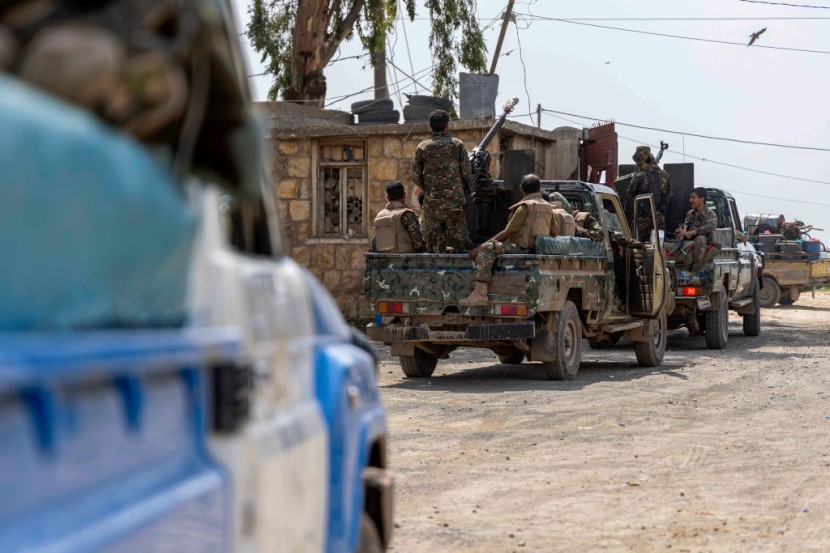Last week, Moayad Hameidi was killed by gunfire in Turbah, the Taiz Governorate. The settlement of Turbah is on the edge of the Red Sea.
'A Dedicated Humanitarian'

Yemen police in Taiz reportedly made roughly two dozen arrests over 24 hours, as reported by the Ministry of Interior on Saturday, July 22, according to CNN. WFP director Cindy McCain has spoken out against the murder of Hameidi. She called Hameidi "a dedicated humanitarian" who had worked for the WFP in Iraq, Syria, and Sudan for 18 years.
McCain tweeted, "Those responsible must be held accountable. Aid workers should never be a target."
Richard Ragan, the WFP's representative and country director in Yemen, called Hameidi's death a profound tragedy for the organization and the humanitarian community.
Hameidi, the head of WFP's local office in Yemen, was a Jordanian citizen based in Turbah in the southwest. He was attacked on Friday afternoon, July 21. The UN claimed that they still do not know who fired the shots.
According to the UN, Hameidi had just moved to Taiz to take up his new role as office director there.
I strongly condemn the ruthless murder of our @WFP team member in #Yemen today.
— Cindy McCain (@WFPChief) July 21, 2023
Moayad was a dedicated humanitarian. He served WFP with tireless commitment for 18 years in Sudan, Syria & Iraq.
Those responsible must be held accountable. Aid workers should never be a target.
Divided by Violence
Taiz, the country's third biggest city, has been surrounded by Houthi rebels supported by Iran for the last seven years, cutting off the city's population from food, medicine, and other humanitarian help.
The war in Yemen has been raging for more than a decade. Ali Abdullah Saleh, the president in 2012, was overthrown by demonstrators, a year after the Arab Spring protests of 2011.
Iran-backed Houthi rebels took over Sanaa in 2014 and toppled the government of President Abd-Rabbu Mansour Hadi.
"Since 2015, a Saudi-led coalition supporting the internationally recognized government has been battling for control of the Arab nation," according to the UN statement. The Houthi militia, who control the capital and parts of northern Yemen, are on the other side of the conflict.
The UN estimates that 17 million people in Yemen are still food insecure, with projections showing that the number of people suffering high levels of acute food insecurity could rise to 3.9 million by the end of this year.
The UN has stressed the need for WFP food assistance in preventing famine and prolonging the food security crisis.
© 2026 HNGN, All rights reserved. Do not reproduce without permission.








